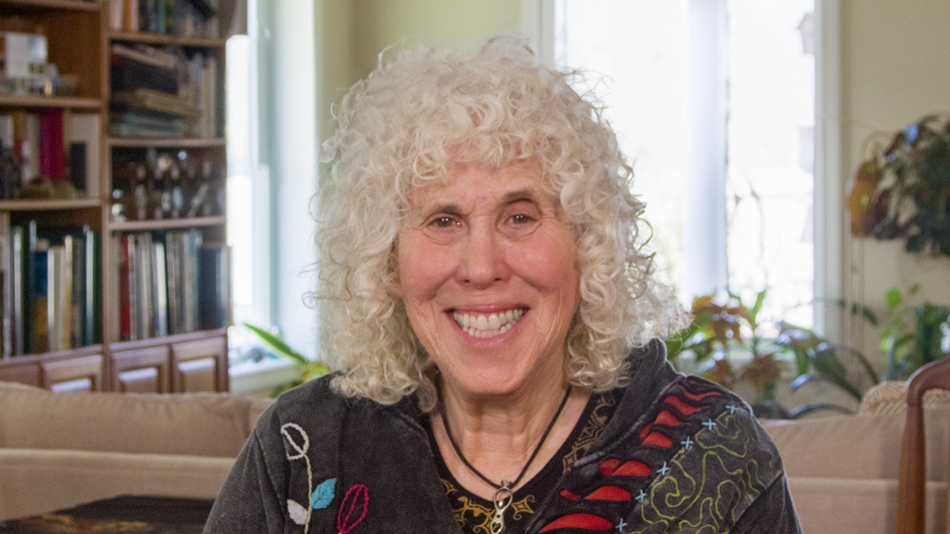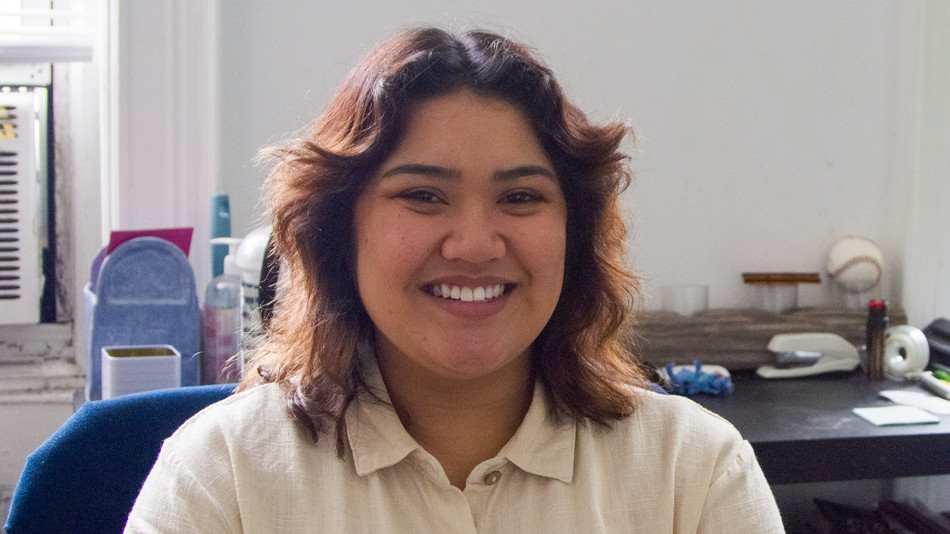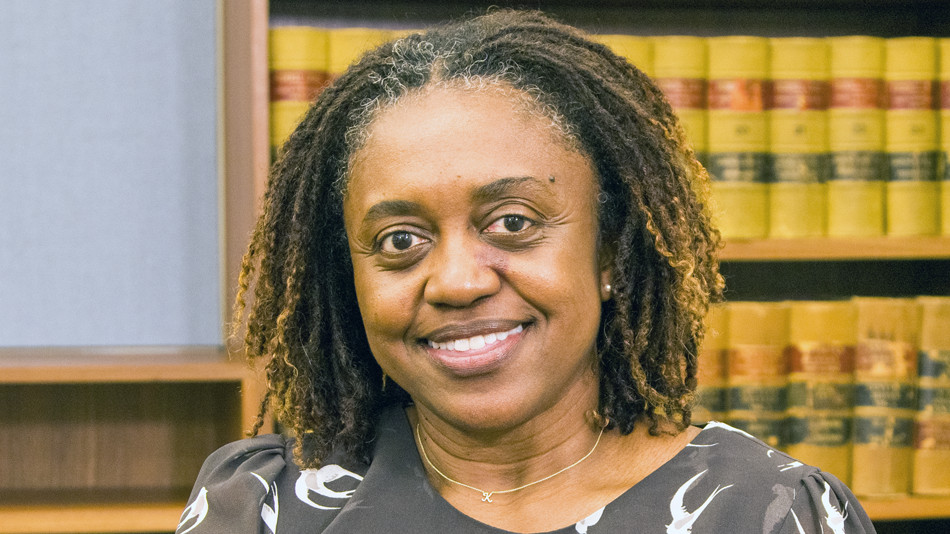Hi, I’m Ivy Le from Dallas, Texas.
I thought everybody was bisexual. My family immigrated from Vietnam, so I actually grew up in two really conservative cultures; Vietnamese and Texan. I did not have sex ed. I did not have talks about the spectrum of sexuality. Growing up, I thought you marry who you fall in love with and you don’t have sex till marriage and it’s just kind of a roll of the dice, whatever gender they are, and if you get married to somebody who’s your same gender, then that’s how the government finds out, it labels you if you’re gay or straight.
So… I did end up in a straight-passing relationship with a man. (Boo…) We have two wonderful children and we got married in Dallas where I’m from, but ultimately we decided to settle and start a family in Austin, Texas, which is where I live now.
So I think to a lot of people, for most of my life, I think I passed, even though I wasn’t actively trying to hide my bisexuality at all. Why would I try to hide something that I thought everybody was having the same life experience that I was? I would hide if I was having a relationship with a woman in a very like don’t kiss and tell, southern gentlemen kind of way. People absolutely, at minimum, clocked me as an ally. People were not going to sit around saying homophobic shit to me like they thought that I would be okay with it.
Years ago, I’ve been in Austin for a couple of years. It was probably like, I don’t know, eight, nine, 10 years ago, I was meeting up with one of my friends at a coffee shop, Cherrywood Coffee Shop, here in Austin, Texas. They have a patio, so we were just chilling outside. It’s not weird for me to talk about LGBTQ issues or politics or anything like that.
So something I guess came up, and I said something to the effect of, “But isn’t everybody bi?” And my friend got really offended and basically what they explained to me was, by being like everybody’s bi, I was committing bi erasure. I don’t remember if we hung out a lot after that for the rest of the afternoon. But even if we did, it was clearly they were not “there” there. They were really offended. They were really hurt by that.
Later, after we all had some time to process, she took the time to send me a bunch of articles on issues specific to the bi community and why bi erasure is harmful and why they need to be visible. So these specific issues can be addressed by the political coalition of LGBTQI folks. For example, people who are bisexual experience a disproportionate amount of mental illness. There actually is a big homelessness problem among teenage and young bisexual people. There’s a lot of things going on, and this was educating me on some of these issues.
My instinct is just to, when I’m saying something out of ignorance, it’s like, “Okay, it’s time to shut up and listen.” So I was just like, “Oh, thank you for taking the time.” It is laborious to come up with all these resources. I’ve definitely had to do that as a racial minority, had to educate people on racial issues, and so this person taking the time to do that for me, I knew that it was a lot of time and consideration for them to do. And so I said, “Thank you,” but I don’t think that… they wanted something more and I couldn’t quite figure out what it was because then ultimately, they wrote back and said, “I don’t think we can be friends anymore.”
I respected that. That’s up to the other person, what they want to do with you. You’re not entitled to being in their lives. In that moment, I felt the temptation to be like, “Wait. How can I be offensive in this way? I am bisexual.” But I didn’t. I thought that we would have other chances to continue communicating. But these articles gave me… they gave me a lot of information. I was much more aware of the issues.
Eventually, I ended up at a civil rights nonprofit. There, I was working with some of the most fierce, clever LGBTQ rights young activists, like Gen Z, or really super young millennials, and these young people, clock you a mile away. They were very much calling me in to be like, “Yeah, bi erasure is a critique. One of many critiques they had of my generation’s approach to LGBTQ rights.”
And I’m like, “Okay, so what can I do? I’m taking orders. Whatever you tell me to do, I’ll do, because I’m not a leader. You guys are leaders now.”
And they’re like, “Yeah, so you’re pretty good.” I’m pretty good about not playing into heteronormativity, but they’re like, “But… about the topic of bi erasure, we could use your generation’s help of being more active about bi erasure.”
They're like, "We could use your generation's help of being more active about bi erasure."
And I was like, “Okay, I think I got what you’re saying now.” And it was then, because I had the awareness, I was ready for these calls to action. I immediately began being very explicit about my bisexuality.
At a lot of workplaces, there are these affinity groups. I’ve been to places where there’s a minority affinity group or Asian American Pacific Islander. Here, there was an LGBTQIA affinity group, and it was mostly a Slack channel, informally organized Slack channel, and people could request to be on it, but I was not asked whether or not. I was just added.
One time, my boss, the person above me, said something about how, “Oh, Ivy’s the only straight person on our team,” and all the young people laughed. They were like, “Ivy’s not straight.” They’re like, “Oh, were we not supposed to know that?”
After that, I got much more explicit. Being a bi Asian mom is even my Instagram bio. It’s in all my bios. I host the only queer comedy open mic in Austin. I go on this. I have had a lot of really hard conversations with people my age and older.
Also, I got that undercut because I’m like, if I can’t pass as straight, even when I need to anymore, then what’s the point of not having my hair exactly the way I want it? So, now I’m just flaming bisexual.
If you have straight passing privilege, if you have literally any privilege, it is time to use it.








Share